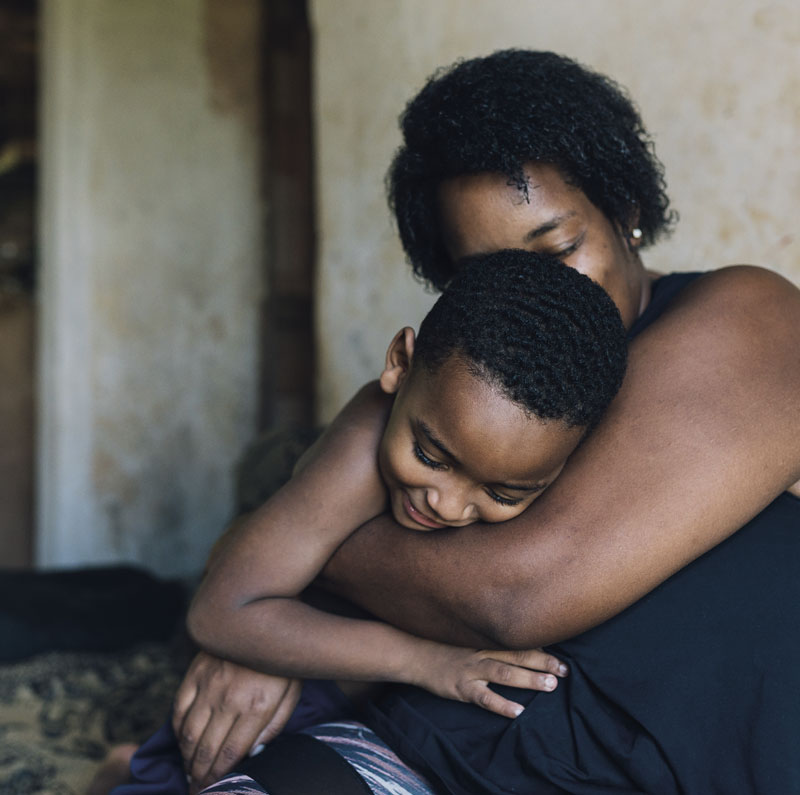
Igor Alecsander / Getty ImagesThe benefits of parental affection go beyond mental well-beingIgor Alecsander / Getty Images
Treating children with affection and emotional support has positive effects beyond mental health. People who grow up receiving this type of care have a higher chance of being in good cardiovascular health later in life, even if they were abused as children, according to a study led by researchers from the medical schools of New York University (NYU) and Ohio State University. The analyses involved 2,000 volunteers from the CARDIA study, which monitors long-term cardiovascular risk by assessing a range of health parameters—diet, smoking, physical activity, weight, lipid levels, blood pressure and fasting blood glucose—at age 25 and then at intervals of 7 and 20 years. “While adverse childhood family environments were associated with lower odds of cardiovascular health in adulthood, our findings suggest that supportive and, importantly, stable and consistent caregiving may have a stronger influence on later heart health than early adversity,” summarized NYU pediatrician Robin Ortiz in a press release, according to EurekAlert (Circulation: Cardiovascular Quality and Outcomes, January 23).
Republish